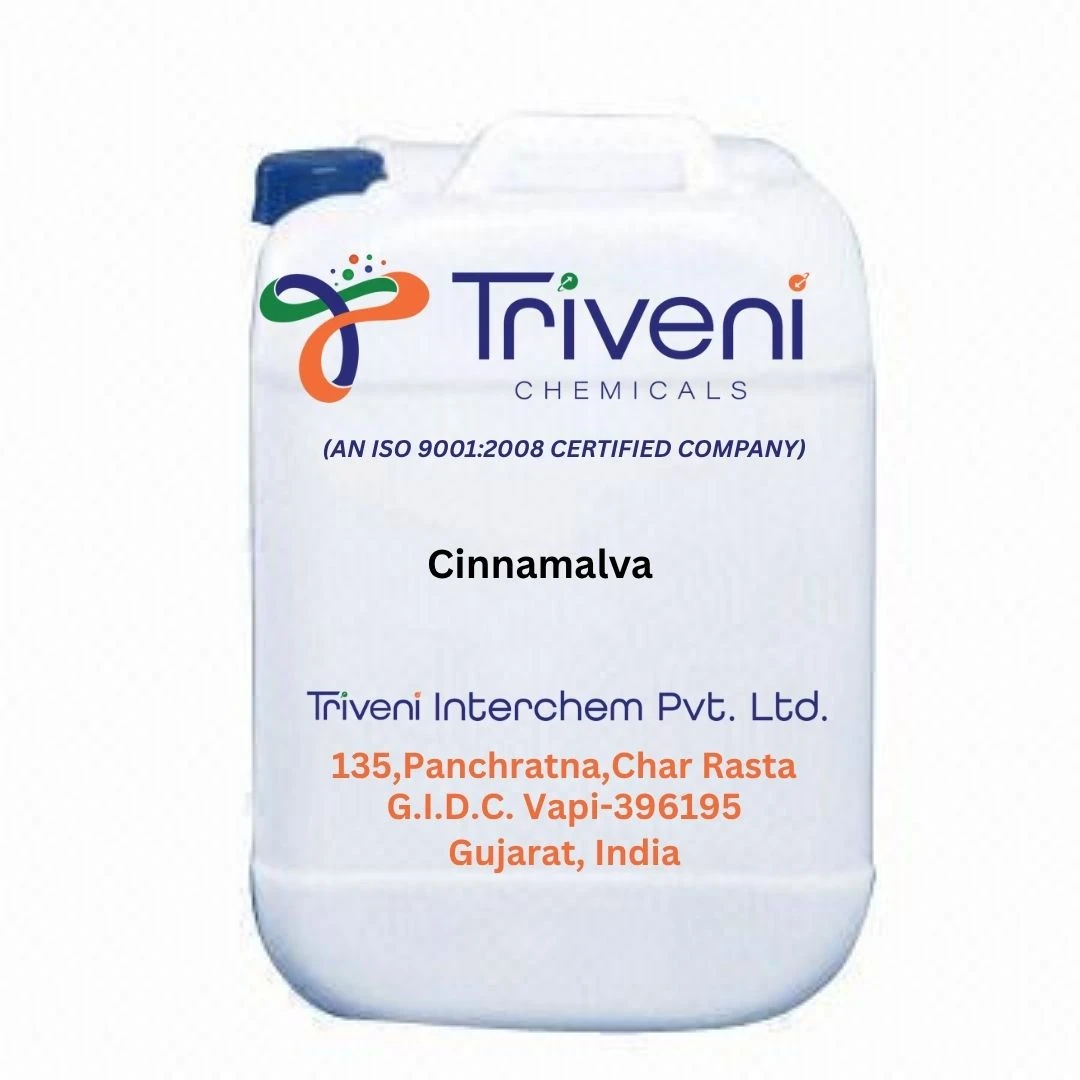Flavouring agents play an important role in the food business by improving the flavor and scent of diverse goods. These substances, which might be natural or synthetic, enhance the sensory experience of eating and drinking. Here, we'll look at several typical forms of flavoring compounds and their significance. 1. Natural..
Flavouring agents play an important role in the food business by improving the flavor and scent of diverse goods. These substances, which might be natural or synthetic, enhance the sensory experience of eating and drinking. Here, we'll look at several typical forms of flavoring compounds and their significance. 1. Natural Flavours: Natural flavorings, such as extracts, essential oils, and distillates, are derived from plants, fruits, vegetables, and other sources. Examples include vanilla extract, citrus oils, and mint essence. These chemicals frequently provide a more realistic and complex taste than their synthetic counterparts. 2. Artificial flavourings: Artificial flavourings are created using chemical techniques and are intended to resemble natural tastes. These might be more affordable and have a consistent flavor character. Artificial fruit tastes and sweeteners are some examples. However, health concerns are driving a shift in consumer tastes and trends toward natural alternatives 3. Extraction: Extracts are concentrated versions of natural flavors obtained by a variety of procedures such as distillation, infusion, or maceration. They are widely utilized in the baking, confectionery, and beverage industries. Examples are almond extract, peppermint extract, and lemon extract. 4. Spices And Herbs: Natural spices and herbs enhance not only the flavor but also the complete sensory experience of a dish. Cinnamon, ginger, basil, and cilantro are some common examples. These items are widely employed in a variety of culinary cultures around the world. 5. Monosodium Glutamate (MSG): MSG is a flavor enhancer that gives foods a savory taste known as umami. It is widely used in Asian cuisine and processed foods to improve their overall flavor profile. Despite the controversies surrounding its health implications, it remains a popular additive. 6. Smoky Flavoring: Smoke flavoring, which is made by heating wood and catching the ensuing smoke, gives foods a characteristic smokey flavor. It is a popular ingredient in barbecue sauces, marinades, and snacks. In conclusion, flavoring compounds are critical components in the culinary world, altering taste perception and resulting in different and satisfying eating experiences. As consumers become more careful of their food choices, the industry is always adapting to suit the demand for natural and clean-label flavouring.











